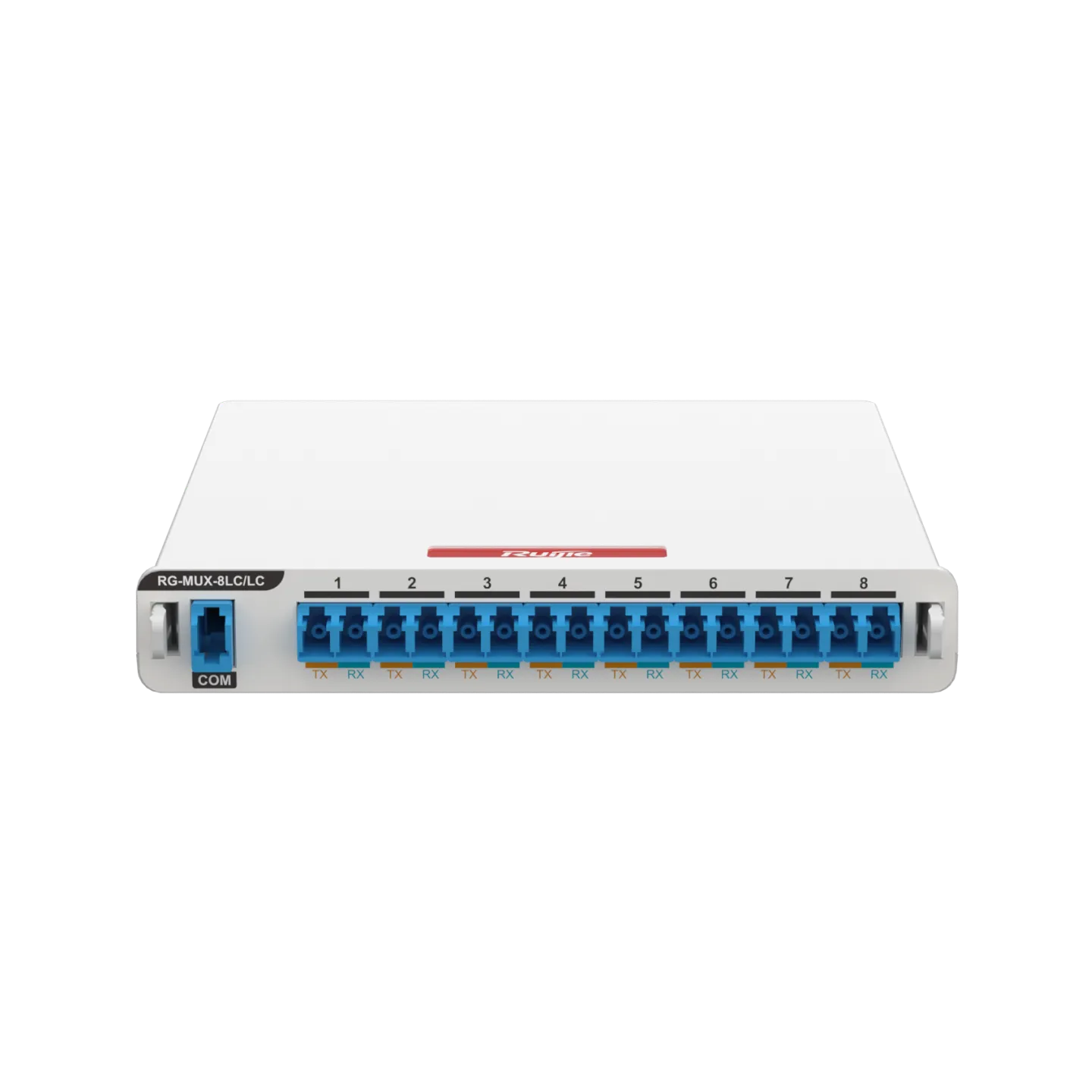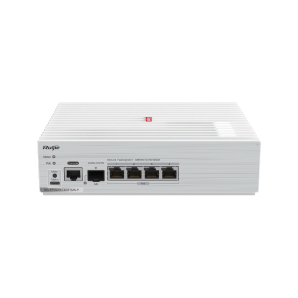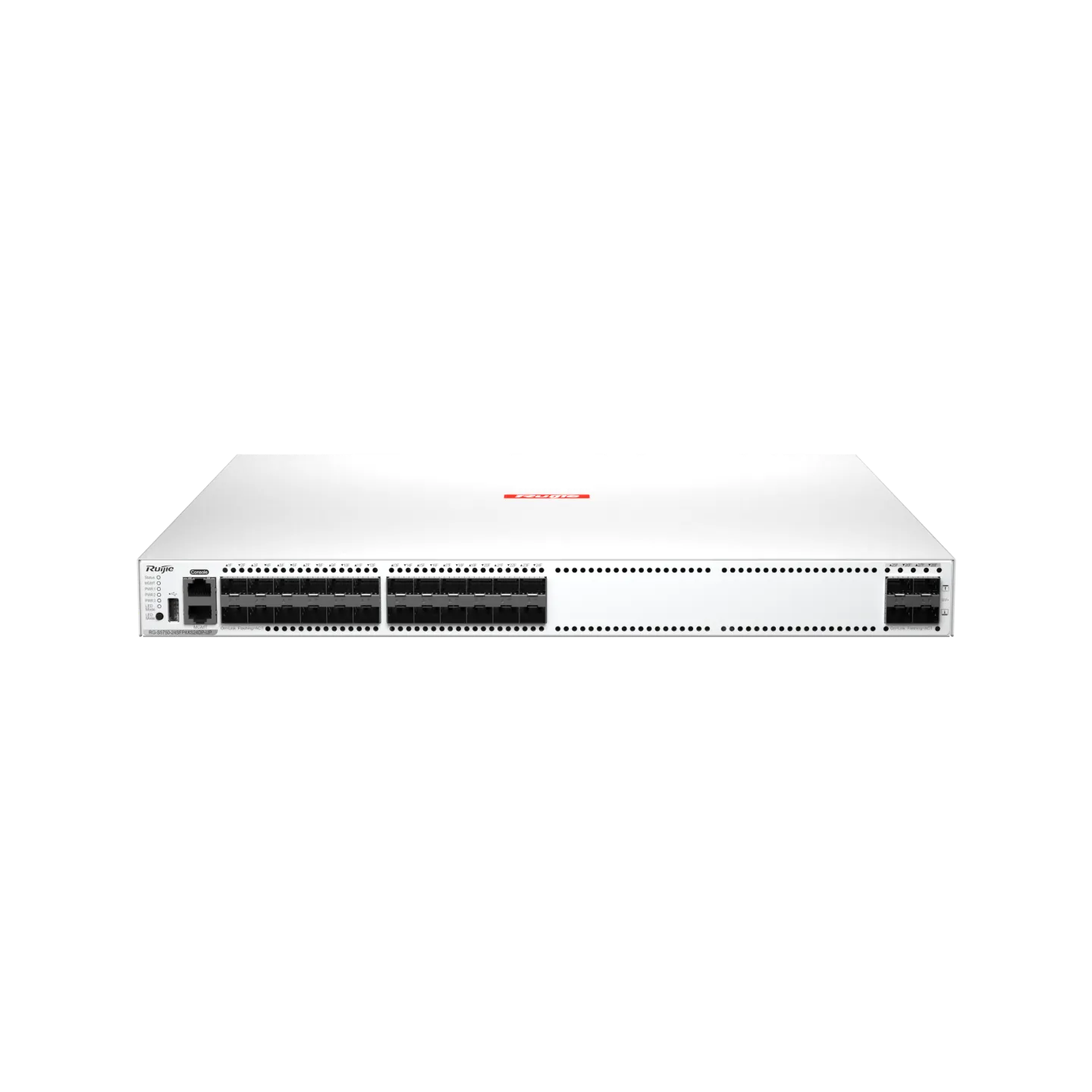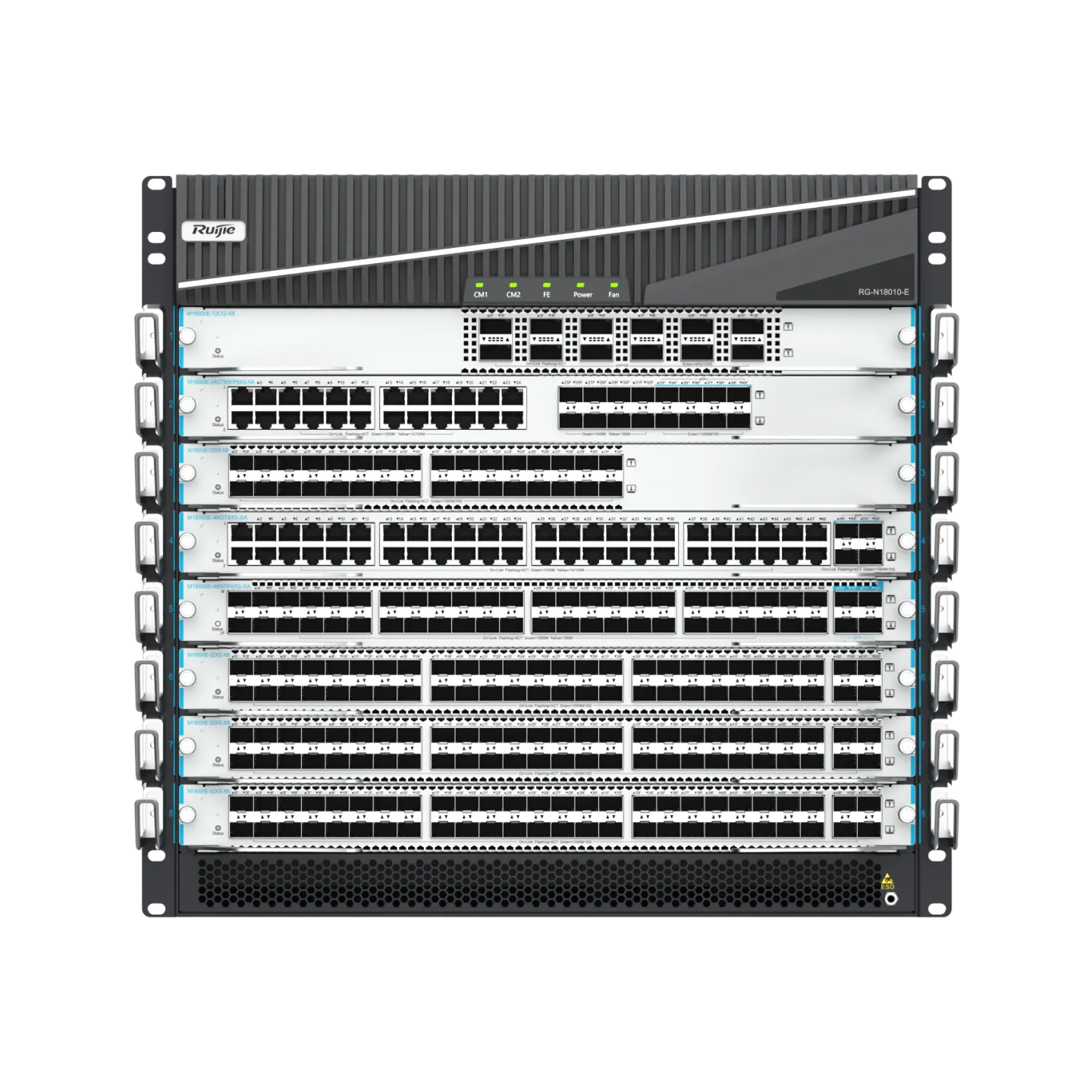Internet-based technologies, such as generative AI, 5G, Internet of Things (IoT), big data, and cloud computing are emerging. The widespread adoption and application of these technologies are redefining the scope and content of digital campuses, smart classrooms, and online education. This evolution continuously poses new requirements on campus network architecture, communication transmission, and bearing capabilities. In this context, the trend in building digital campuses is increasingly shifting toward all-optical networks. Earlier this year, Chinese government advocated for high-quality development through large-scale equipment upgrades, emphasizing the adoption of advanced, digital, intelligent, and eco-friendly devices to accelerate digital transformation. This aligns perfectly with the trend of constructing all-optical networks.
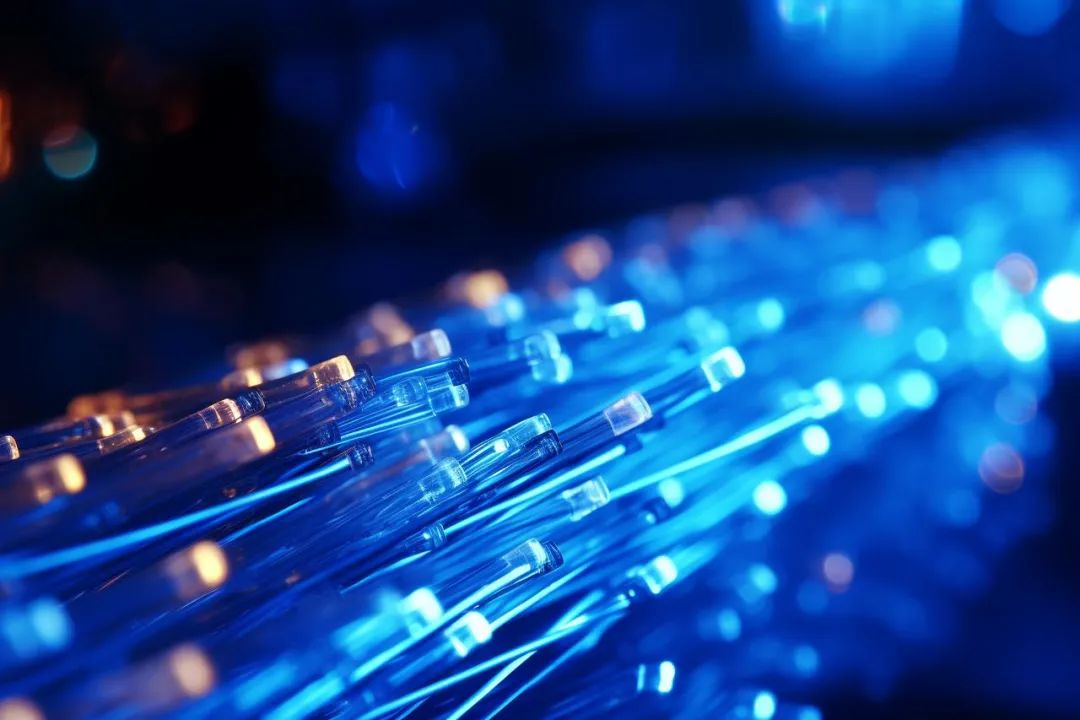
Traditional Ethernet cables are limited to a distance of 100 m (328.08 ft.) and face challenges in performance, weight, and costs. In contrast, optical cables inherent advantages over Ethernet cables in supporting multiple services and providing high transmission speeds, low latency, long lifespan, and strong resistance to interference. Additionally, the raw material silica of optical cables is affordable and easy to obtain. These benefits are driving the transition from copper cables to optical cables on campus networks.
Digital Campus: EON vs. PON
All-optical network architectures offer two main options: Ethernet Optical Network (EON) and Passive Optical Network (PON). Considering protocol maturity and service support, the Ethernet & CWDM model is better suited for digital campus needs.
In terms of protocol maturity, Ethernet standards are well-established, with rapid advancements and a clear future path. In contrast, PON adopts dedicated protocols, requiring O&M personnel to learn new technologies.
In terms of service bearing, 800G Ethernet is maturing, providing strong support for high-bandwidth needs such as online education. Ethernet also well integrates with intelligent computing networks, data centers, and IP-based audio/video communications, offering better multi-service adaptability.
Based on these factors, Ruijie Networks has developed Simplified Optical Ethernet (SOE) Solution, which adopts Coarse Wavelength Division Multiplexing (CWDM) to create a high-performance, easy-to-manage, all-optical campus network with multiple networks integrated and provide superb user experience for colleges.
CWDM enhances transmission efficiency over a single-core fiber using wavelength division multiplexing. Different from Time-Division Multiplexing (TDM) adopted by PON, which can be imagined as a single-lane bridge, CWDM turns one optical fiber into an eight-lane highway. This creates more channels over limited independent resources, saving on fiber trunk cable resources and allowing for 1:1 bandwidth to room. This setup better supports high-performance needs, such as those required for educational activities.
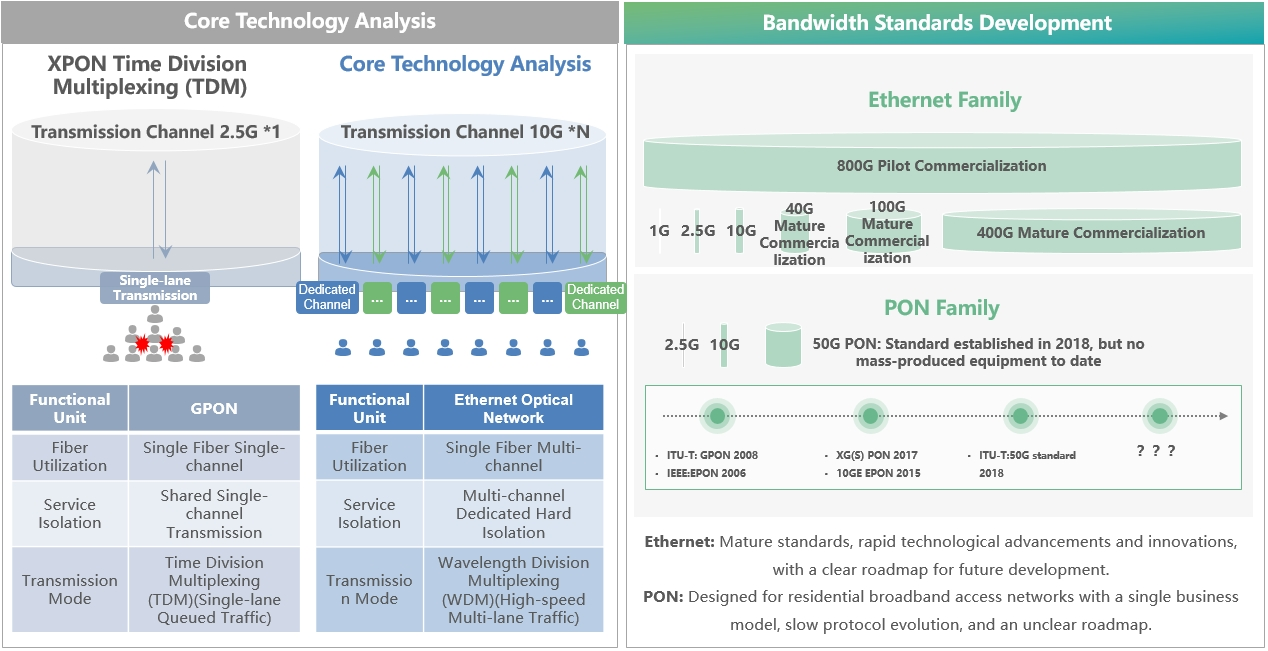
How Does CWDM Support Application Requirements of Different Scenarios in Colleges?
The passive aggregation architecture of SOE 3.X features flexible network expansion, long-distance deployment, and real 10 Gbps to rooms. This architecture applies to a variety of scenarios in the education industry.
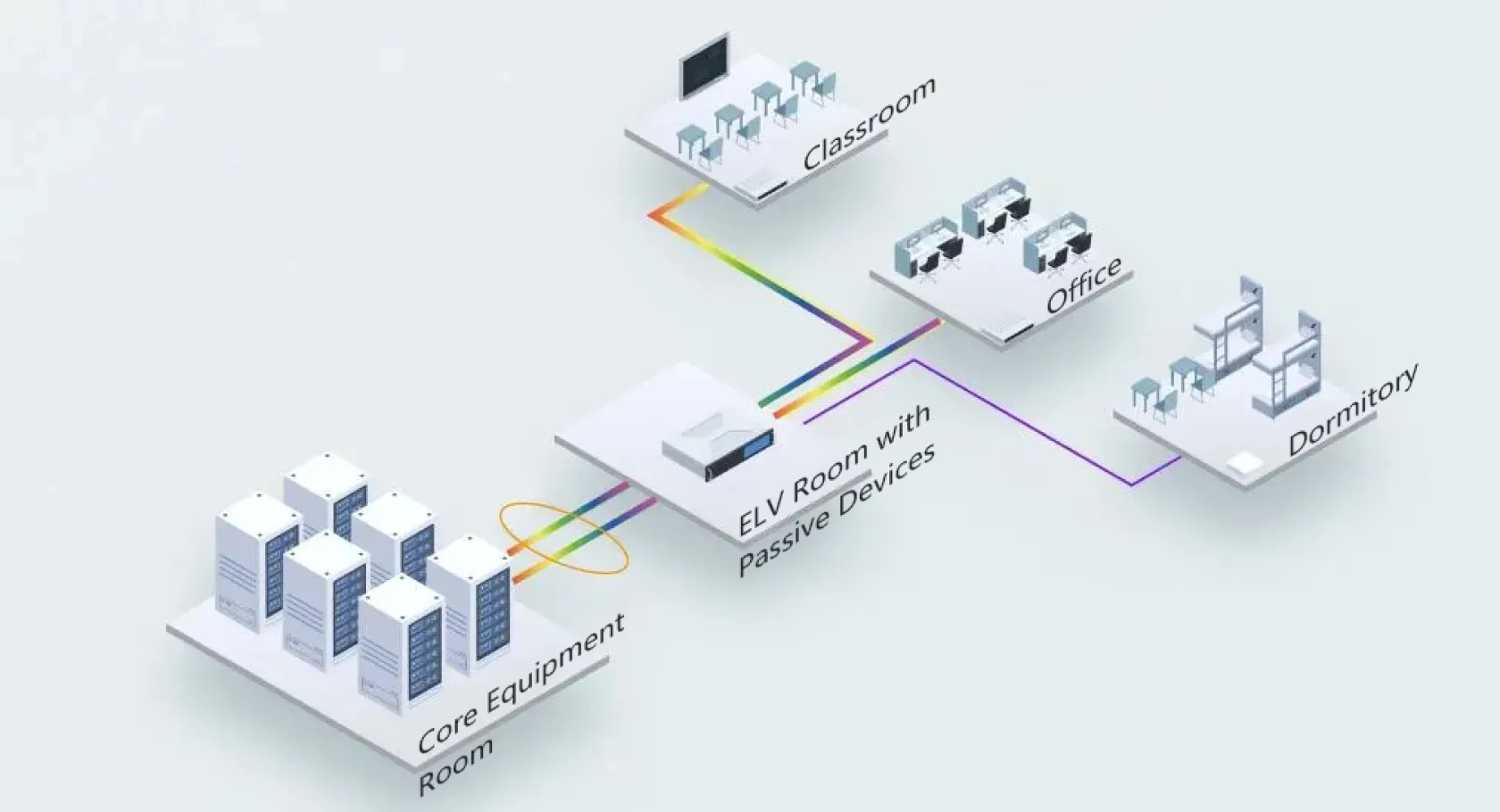
Teaching scenarios: In teaching buildings, ELV risers often have outdated environments with numerous devices and tangled cables, making maintenance challenging. Power supply and heat dissipation issues can also disrupt teaching activities. SOE Solution uses centralized deployment: core devices are placed in a core equipment room, eliminating the need for active devices and maintenance work in ELV rooms. Optical cables directly connect to in-room switches and wireless devices, providing 1:1 bandwidth to each room. This setup supports high-bandwidth educational activities. In addition, network expansion is easy by simply connecting extra cables within the room and deploying information points nearby. Management and maintenance engineers only need to focus on devices in the core equipment room and classrooms. They can also leverage platforms such as RG-INC to greatly enhance O&M efficiency.
Core equipment room Aggregation ELV room Multimedia classroom
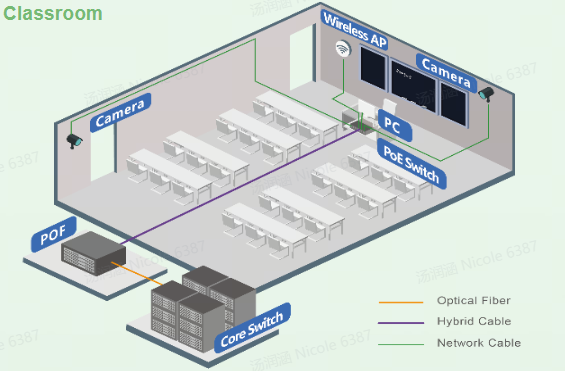
Office scenarios: Traditional solutions often involve hubs or unmanaged switches for network expansion or during personnel changes, leading to potential network loops due to random equipment placement. In PON solutions, optical network units (ONUs) are deployed in offices, but the isolation feature at Layer 2 complicates sharing and printing services. SOE Solution offers a variety of wired and wireless devices for flexible deployment tailored to office needs. Large offices can use in-room multi-GE switches, while small offices can benefit from CWDM wall plate APs featuring integration of wired and wireless services, enhancing attractiveness in design and simplifying expansion, with hassle-free sharing and printing services.
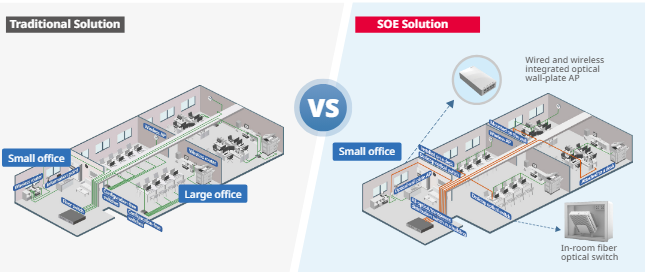
Outdoor scenarios:
Traditional AP deployments with directional or omnidirectional antennas exposed to outdoor environments or buried underground risk blind spots in network coverage. Installing and maintaining power cords and copper cables is complex and short-lived, posing safety risks and detracting from visual appeal.
SOE Solution allows you to install Power over Fiber (PoF) switches indoors. A PoF switch can be connected through hybrid cables and provide power over up to 2 km (1.24 miles). Optical links deliver high bandwidth, supporting simultaneous data and power transmission. Comprehensive product models ensure full coverage, eliminating blind spots in network coverage. Tidy hybrid cables support both data and power transmission, and all-optical connections enable high-speed access and high bandwidth.

CWDM FTTR for 200,000 Rooms, Brightening Smart Campuses
Beyond colleges, Ruijie CWDM Solution thrives in primary education, healthcare, and enterprises. Having reached the milestone of 200,000 rooms, Ruijie CWDM Solution will expand to more campuses and scenarios, supporting digital transformation across various industries.
View more customer stories of SOE solutions in higher education.
Featured blogs
- CXL 3.0: Solving New Memory Problems in Data Centres (Part 2)
- Ruijie RALB Technology: Revolutionizing Data Center Network Congestion with Advanced Load Balancing
- Multi-Tenant Isolation Technology in AIGC Networks—Data Security and Performance Stability
- Multi-dimensional Comparison and Analysis of AIGC Network Card Dual Uplink Technical Architecture
- A Brief Discussion on the Technical Advantages of the LPO Module in the AIGC Computing Power Network





